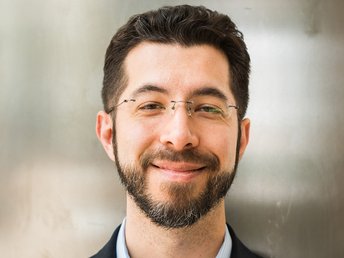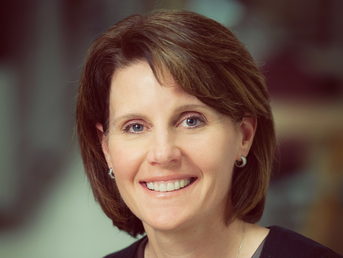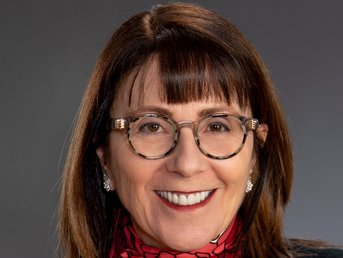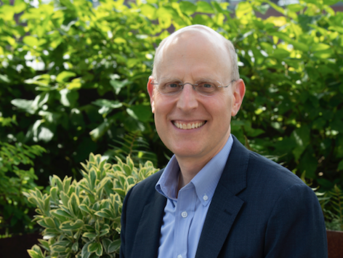
On Thursday, Professor Ed Boyden will give a keynote lecture on the discovery of new molecular principles and how these discoveries are enabling new technologies to understand and repair the brain.
Tools for Analyzing and Repairing the Brain
Understanding and repairing complex biological systems, such as the brain, requires technologies for systematically observing and controlling these systems. We are discovering new molecular principles that enable such technologies. As just one example, we discovered that one can physically magnify biological specimens by synthesizing dense networks of swellable polymer throughout them, and then chemically processing the specimens to isotropically swell them. This method, which we call expansion microscopy, enables ordinary microscopes to do nanoimaging – important for mapping the brain across scales. We have several other examples and tools that we share freely, and aim to integrate the use of these tools so as to enable comprehensive understandings of neural circuits.

On Friday, Professor Lara Boyd will explain how the brain is in fact a learning machine and how, by studying the evolving brain in real time, to facilitete learning in the brain.
After this Talk Your Brain Will Not Be the Same: How Do We Learn, Forget and Relearn?
The brain is changed everytime we do, learn or forget something. This process is called "neuroplasticity" and it can be studied in real time using advanced brain imaging approaches. Scientific data reveal that the central purpose of our brain is to make memories, meaning that we are in fact learning machines. Yet, learning is not always easy and our ability to make new memories changes as we age. In this context what can we do to facilitate learning? And, how does stress (such as that imposed by the COVID-19 pandemic) affect our capacity for learning?

On Thursday, University Distinguished Professor Lisa Feldman Barrett will fold out how the brain regulates the body, controls behavior and in the process creates the mental features that we commonly refer to as the mind.
Through the Looking-Glass: Using Neuroscience of Emotion to Understand Basic Brain Functions
The last several decades of research on the nature of emotion have produced a fantastical hypothesis that defies common sense: disparate psychological phenomena, including the variety of cognitions, emotions, perceptions and actions are constructed from the same dynamically interacting, domain-general predictive processes in the brain. In this talk, we will sketch a coherent, neurobiologically-inspired research program for investigating how the brain, in constant conversation with the body and the surrounding environment, regulates the body, controls behavior and in the process creates the mental features that we commonly refer to as the mind. This approach also provides a common framework for understanding mental, physical, and neurodegenerative disorders?

On Friday, Professor Jonathan Rosand will give a keynote lecture on cerebrovascular disorders and how these are responsible for substantial health-inequality.
Restoring and Preserving Brain Health
When considered together, brain disorders and brain injuries are responsible for more human suffering than any other group of diseases. Brain diseases frequently limit our own potential and interfere with our ability to relate to and care for our loved ones. In his presentation, Professor Rosand will review the lessons his team and his global collaborators have learned from studying patients affected by disorders of the blood vessels of the brain. These cerebrovascular disorders lead to stroke, cognitive decline and dementia, depression, urinary problems, and deterioration in mobility with aging. They are not only the second most common cause of death world-wide, they are also a leading contributor to age-associated disability. Furthermore, because they do not affect us all equally, cerebrovascular disorders are responsible for substantial health inequality. Preserving and restoring cerebrovascular health therefore offers the hope of transforming the experience of aging, resolving health inequalities and preserving and promoting brain health around the world.

Our keynotes at MatchPoints 2022 have held several TED talks. We have pin-pointed our personal favourites below: